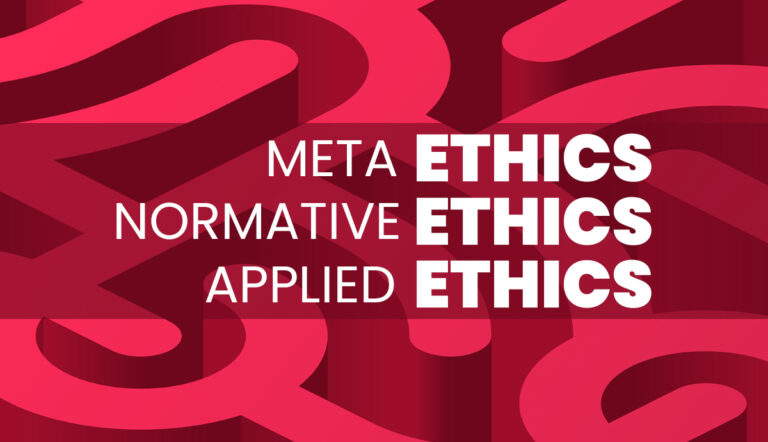
Giulia Villa
Giulia Villa studies linguistics and philosophy at Trinity College Dublin. She is originally from Italy and speaks English, Italian, and French. She has an academic background in classical studies and knowledge of Greek and Latin, including their literature and philosophy. She is greatly interested in the interaction between ancient philosophical thought and the modern world, along with expertise in philosophy of mind, language, and cognition. She is involved in academic research in collaboration with the University of Zurich and Trinity College Dublin.
Articles by Giulia Villa
 3 Types of Ethics You Should Know (Metaethics, Normative Ethics, & Applied Ethics)
3 Types of Ethics You Should Know (Metaethics, Normative Ethics, & Applied Ethics)Is deciding if actions are right or wrong as simple as it appears? An overview of types of Moral Philosophy.
 Are We Justified in Using Inductive Reasoning?
Are We Justified in Using Inductive Reasoning?Are we justified in believing in the relationship between causes and effects on the grounds that they have always held?
Are we justified in believing in the relationship between causes and effects on the grounds that they have always held?
 Emotivism: Are Moral Statements Mere Emotions?
Emotivism: Are Moral Statements Mere Emotions?Are moral statements meaningless expressions of personal attitudes towards an action? According to A.J. Ayers' emotivist account, they are!
Are moral statements meaningless expressions of personal attitudes towards an action? According to A.J. Ayers' emotivist account, they are!
 Value Theory: Is it Immoral to Disrespect the Environment?
Value Theory: Is it Immoral to Disrespect the Environment?What is the value of the environment? Here is what Value Theory has to say on the matter.
What is the value of the environment? Here is what Value Theory has to say on the matter.
 Science and Philosophy: Are They So Different?
Science and Philosophy: Are They So Different?The aims of science and Philosophy are often illustrated as being at odds, but is that really the case?
The aims of science and Philosophy are often illustrated as being at odds, but is that really the case?
 Coherentism and Its Limits: Definition & Criticism
Coherentism and Its Limits: Definition & CriticismWithin the field of epistemology, the coherentist theory has proven itself insightful, yet not self-sufficient.